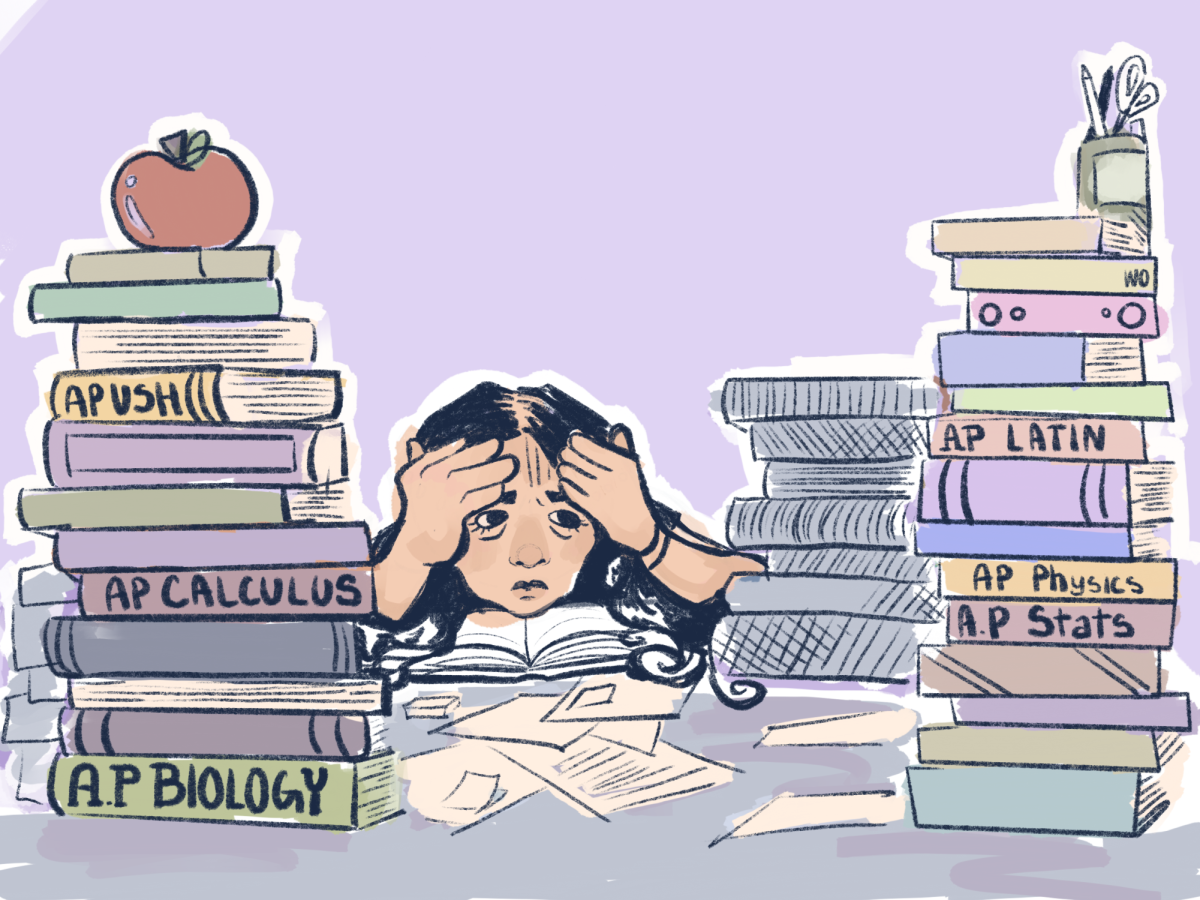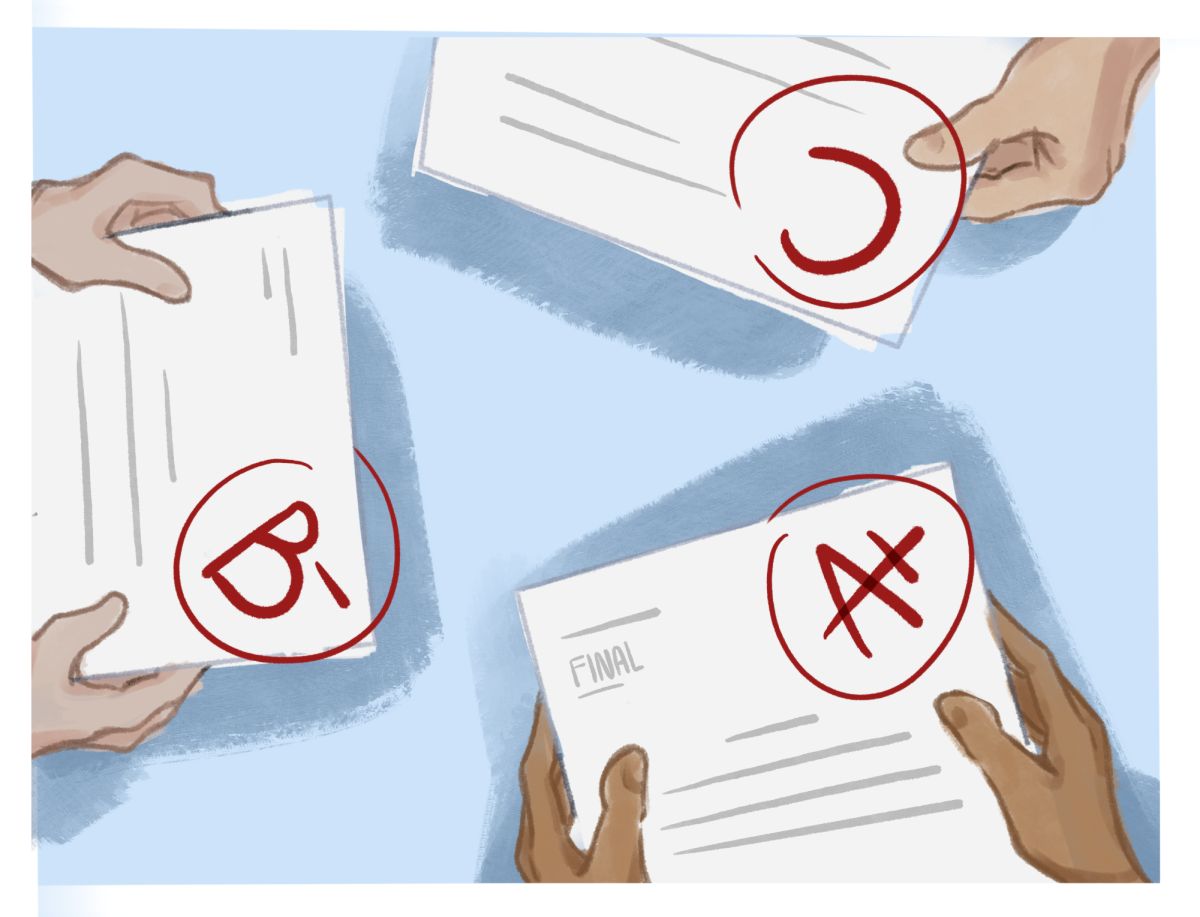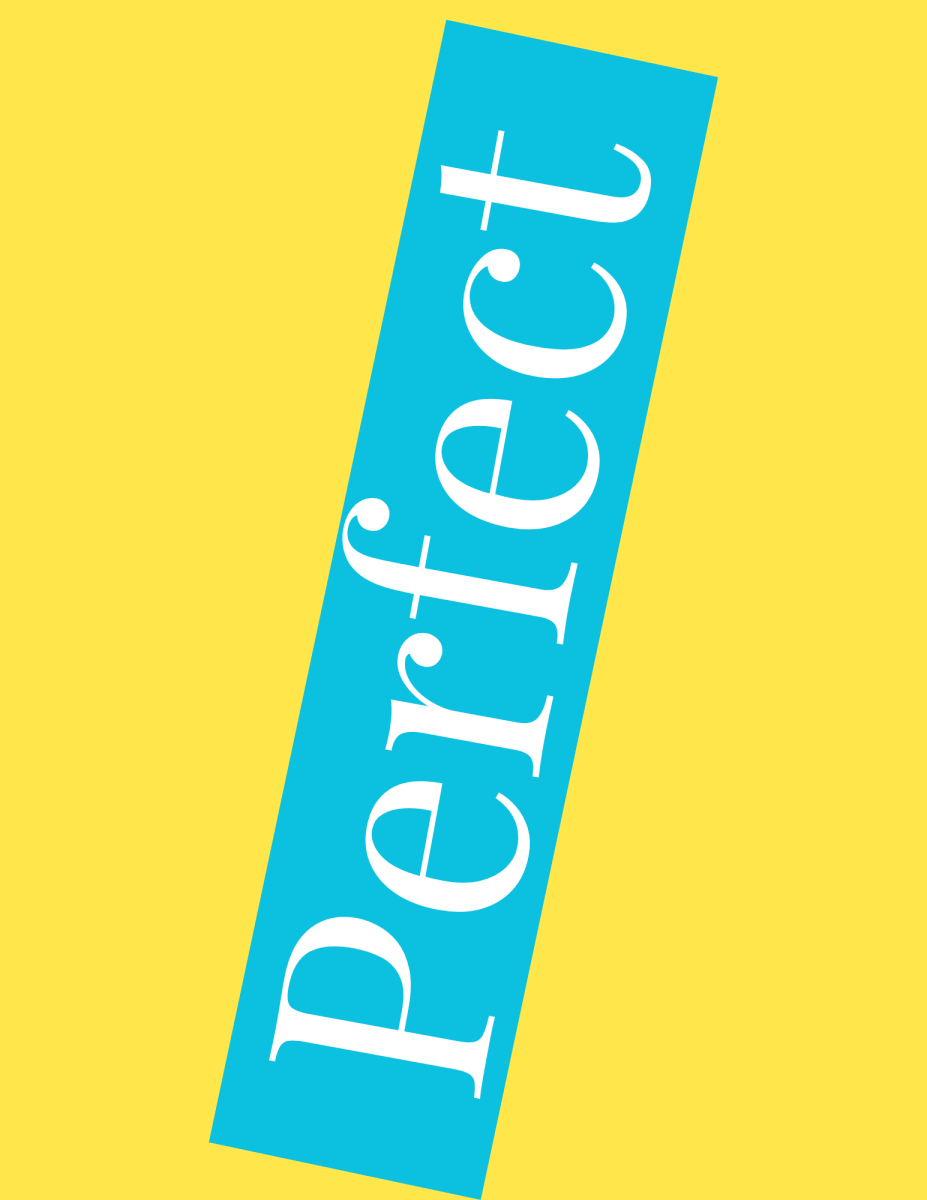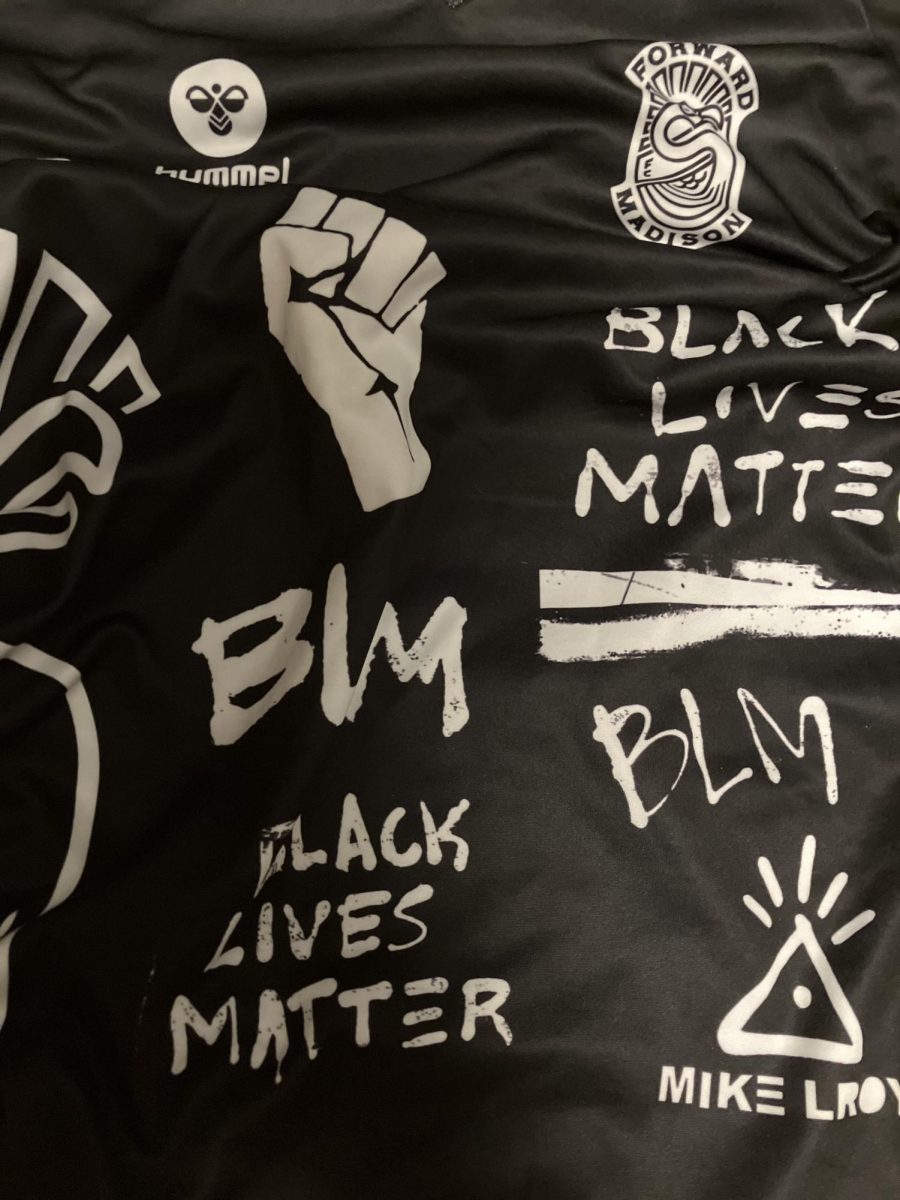We come from a wide variety of cultures and religious backgrounds, yet students often find that there is a lack of knowledge surrounding religions outside of their own. While the World History class teaches their students about the various religions, even bringing them to the different places of worship, students still feel as though they don’t have an in-depth understanding of each of these religions. The classes AP US History and AP European History, very commonly taken by Blake students, place a huge emphasis on Christianity, leaving people having a lot of information about that religion and not a lot of insight on others. Even the World Religions class often offers projects allowing students to choose what religion they would like to learn about, once again leaving students with an overall lack of knowledge on many religions. Equity Labs have attempted to start conversation and educate students, but there are still others who are either too afraid to go out and attend one of the events, or they just don’t care to learn about what is going on. When not learning about each of the religions during class, students claim they don’t have a proper and reliable source of information to learn from, leading them to lean on classmates to provide the information.
Asking friends about their religion or current events can become a little bit difficult sometimes because it places that student in a spot where they must and generalize their entire religion rather than just talking about their own perspective and traditions. A common pattern The Spectrum Staff have noticed is that people with a lesser known religion have felt singled out in class for being asked countless questions regarding their religious backgrounds. Classes often tokenize the student who has that specific background, leaving it their own responsibility to educate their classmates, and being the voice for their entire religion, which is a very difficult job to hold.
We believe in the significance of not just asking one’s friend a big question that could get challenging to answer, but rather asking a more specific question to their own experience. Every person takes religion differently based on where they grow up, some people might be more devout and traditional, while others might focus more on the culture and traditions. When asking a student about their religion, ask them what their family specifically does rather than having them cover the entire religion. It’s also very important to gain a wide variety of perspectives to learn a better idea of religion as a whole and not just from a singular person. Rather than asking a peer, “why this event,” or “what do all people do on this holiday,” you could research a little online and then ask, “I read this online, what are your thoughts,” or “you’re part of this religion, what does that mean.” Asking a specific question that is based on prior research of the event or religion will help the conversation feel more personalized and safe for the student who is explaining.
Learning about other religions and traditions will not come by sitting in class and just waiting on the teacher or another student to inform everyone on what has or does occur; students must go out of their comfort zones to gain the knowledge they desire. An alternate option to learning about other religions is to celebrate with your friends and experience their traditions first hand. Next time the opportunity comes up, you could invite your friends over to show them how you and your family celebrate and engage in a religious practice.






